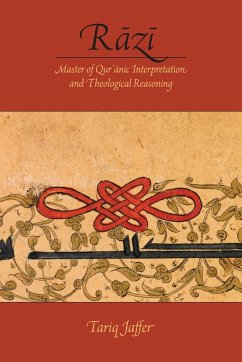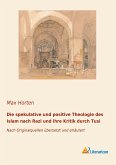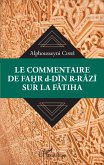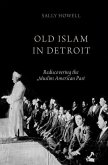Winner of the Award for Excellence in the Study of Religion: Textual Studies from the American Academy of Religion Fakhr al-Din al-Razi (1148 - 1210) wrote prolifically in the disciplines of theology, Quranic exegesis, and philosophy. He composed treatises on jurisprudence, medicine, physiognomy, astronomy, and astrology. His body of work marks a momentous turning point in the Islamic tradition and his influence within the post-classical Islamic tradition is striking. After his death in 1210 his works became standard textbooks in Islamic institutions of higher learning. Razi investigates his transformative contributions to the Islamic intellectual tradition. One of the leading representatives of Sunni orthodoxy in medieval Islam, Razi was the first intellectual to exploit the rich heritage of ancient and Islamic philosophy to interpret the Quran. Jaffer uncovers Razi's boldly unconventional intellectual aspirations. The book elucidates the development of Razi's unique appropriation of methods and ideas from ancient and Islamic philosophy into a unified Quranic commentary--and consequently into the Sunni worldview. Jaffer shows that the genre of Quranic commentary in the post-classical period contains a wealth of philosophical material that is of major interest for the history of philosophical ideas in Islam and for the interaction of the aqli (-rational-) and naqli (-traditional-) sciences in Islamic civilization. Jaffer demonstrates the ways Razi reconciled the opposing intellectual trends of his milieu on major methodological conflicts. A highly original work, this book brilliantly repositions the central aims of Razi's intellectual program.
Hinweis: Dieser Artikel kann nur an eine deutsche Lieferadresse ausgeliefert werden.
Hinweis: Dieser Artikel kann nur an eine deutsche Lieferadresse ausgeliefert werden.








